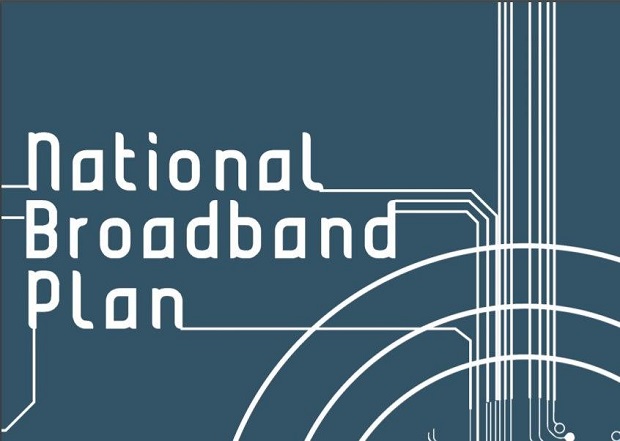Banking giant, JP Morgan, on Wednesday told an appeal court that it acted in line with its legal mandate when it allowed the transfer of $875million from an account held by Nigeria to a shell company run by a former Nigerian oil minister, Dan Etete.
Rosalind Phelps of Fountain Court chambers, representing the bank, told the Court of Appeal that a lower court judge was wrong to reject JPMorgan Chase & Co.’s bid to toss the Federal Republic of Nigeria’s suit.
The bank moved to appeal a judgement that dismissed its motion to halt its prosecution by the Nigerian government last February.
A skeleton argument presented by the Nigerian government through its lawyers during a case management hearing at a London High Court showed details of the appeal.
Last February, a High Court in London dismissed a motion filed by the U.S. firm to halt its prosecution by the Nigerian government over the Malabu oil scandal.
In a ruling, the judge, Andrew Burrows, held that the American investment/finance firm “owed Nigeria a duty of care; as indicated by an implied term in the written agreement.” “The duty of care was neither inconsistent with nor excluded by the terms of that agreement,” the court ruled.
In 2017, the Nigerian government sued JPMorgan over its alleged failure to block payments made from a massive oil deal that is subject to a string of international corruption investigations.
Two multinational oil firms, Shell and Eni, in 2011 transferred $1.1 billion to a Nigerian government account in JP Morgan for the oil block.
About $800 million of the money was subsequently transferred by the Nigerian government to accounts controlled by Mr Etete, the former Nigerian petroleum minister who claims ownership of Malabu. Malabu was the oil firm Mr Etete, as petroleum minister in 1998, awarded the oil block, OPL 245.
The money paid by the oil firms is believed to have been laundered by top officials of the two oil firms and former officials of the Nigerian government during the Goodluck Jonathan administration.
Many of those suspected to be involved are being prosecuted in Nigeria and Italy. The government claimed that the international bank should have known the money was being sent to suspicious characters, accusing JP Morgan of “gross negligence” in the events that resulted in the transfer of the funds.
According to the suit, the Nigerian government demanded a refund of $875milion diverted from the government’s account.
On Wednesday, Phelps said several clauses in the agreement underpinning the bank account with JPMorgan are incompatible with the claim that the bank is bound by a “so-called Quincecare duty”.
The duty established in Quincecare provides that a bank will be liable to its customer in negligence if it makes a payment in circumstances where it had reasonable grounds for believing that the payment instruction is an attempt to misappropriate the funds of its customer.
“The judge approached the task of reviewing those clauses in an overly restrictive way,” the lawyer said. She argued further that the bank’s need to transfer money at the request of its clients trumps any duty to withhold payment orders for suspicious transactions.
“The difficulty the courts have grappled with is that [the Quincecare] obligation conflicts with the bank meeting its mandate with the purpose of the account,” she said. “It’s one of two connected short-term, single-purpose escrow accounts, for holding a sum of money to settle a long-running dispute about the allocation of national assets. These agreements are quite deliberately tailored for that specific function.”








